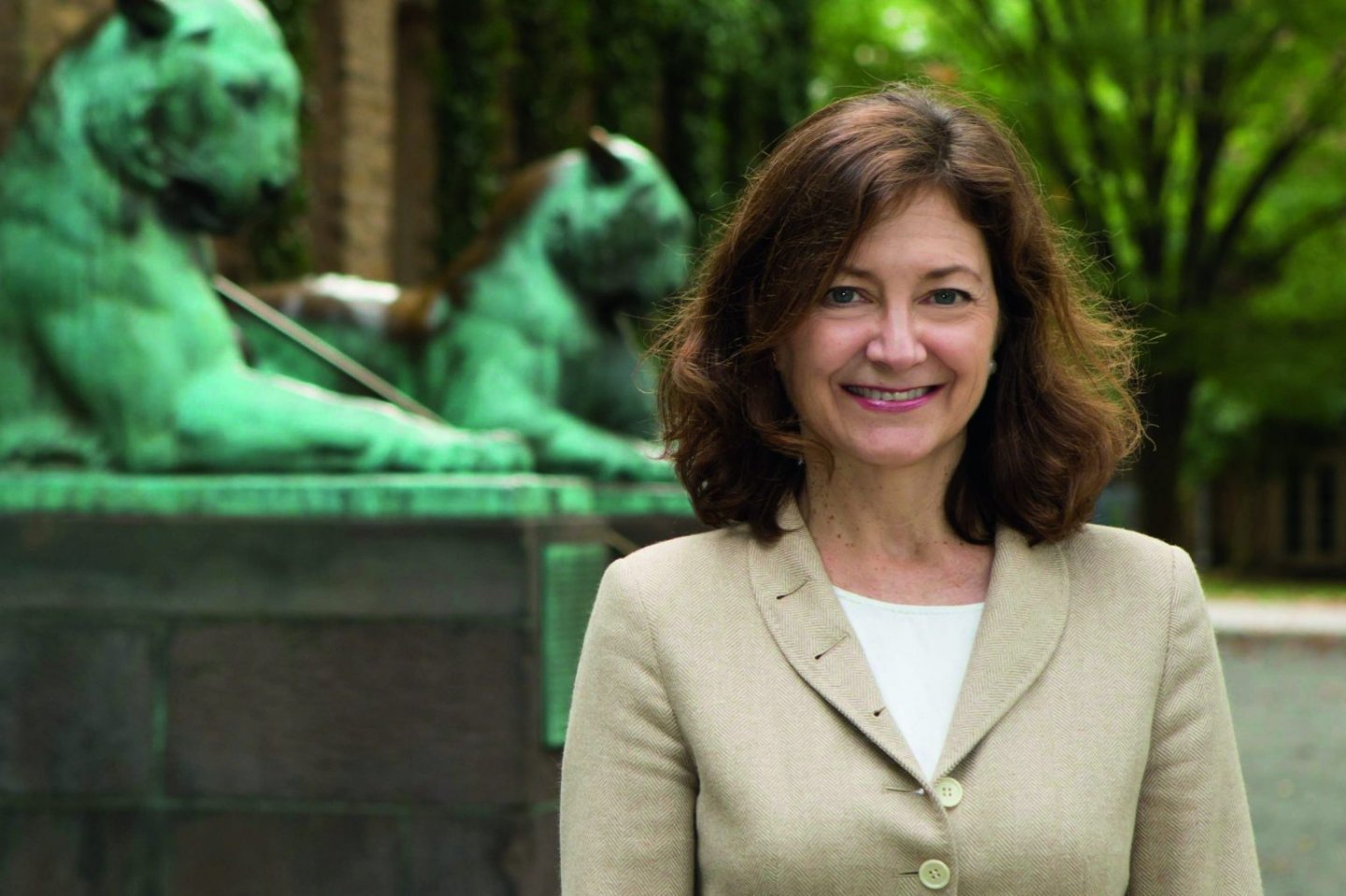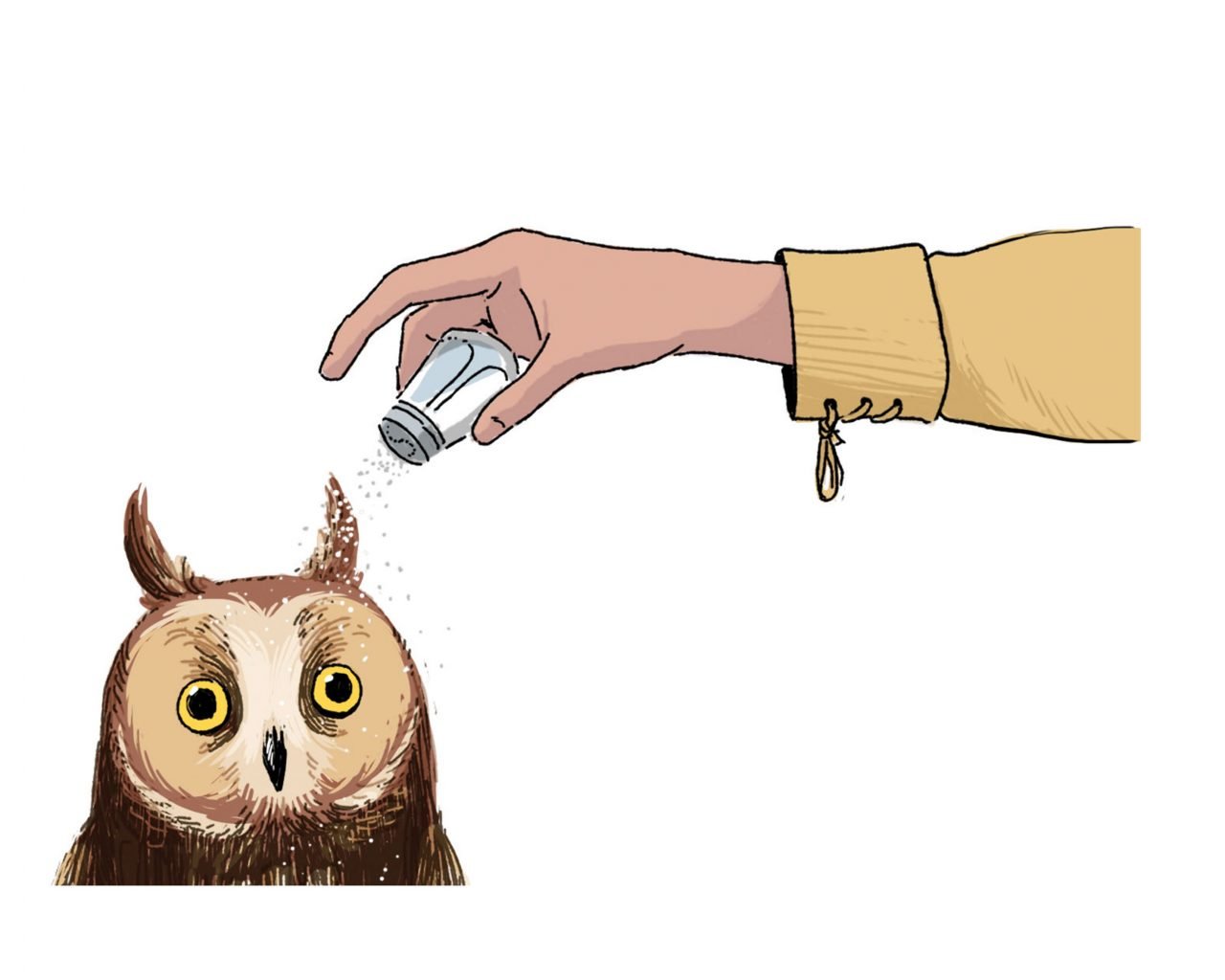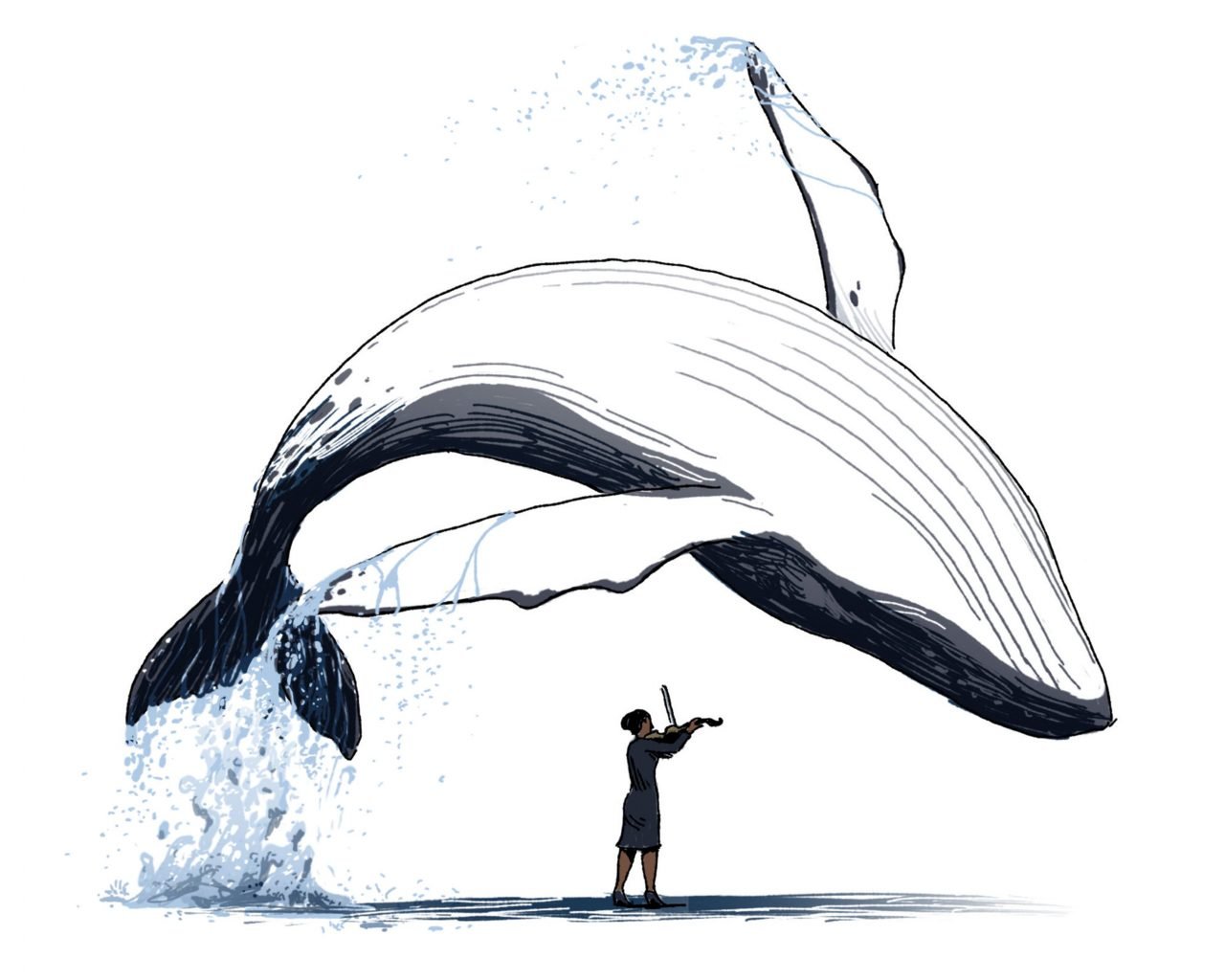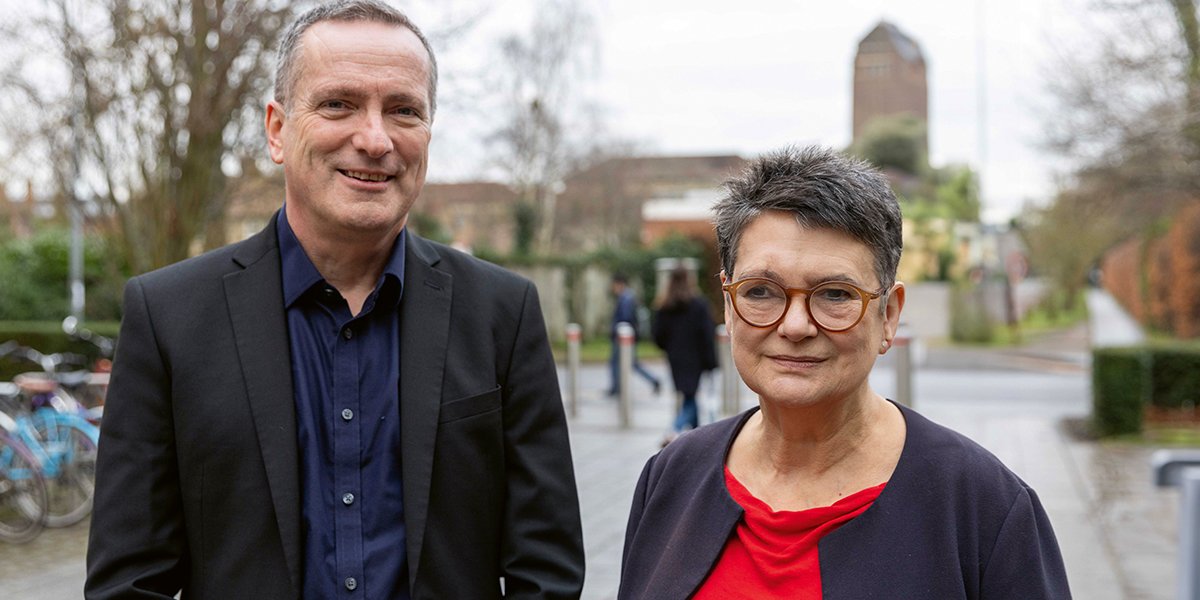Professor Deborah Prentice
Campendium: Michaelmas Term 2022
New Vice-Chancellor announced, £2.2bn raised and help for Ukraine.
Big number
80,000+ alumni who donated to the Dear World… Yours, Cambridge campaign that raised £2.2bn.
Vice-Chancellor
Professor Deborah Prentice appointed new Vice-Chancellor from July 2023
Professor Deborah Prentice has been formally appointed as Cambridge’s next Vice-Chancellor. She has been Provost at Princeton since 2017, which she joined in 1988.
After completing a PhD at Yale, she was appointed Associate Professor in 1995 and Professor of Psychology in 2000. In 2012, she became the Alexander Stewart 1886 Professor of Psychology and Public Affairs and chaired the Department of Psychology for 12 years until her appointment as Dean of Faculty in 2014.
Her academic expertise is the study of social norms that govern human behaviour – the impact and development of unwritten rules and conventions and how people respond to breaches of those rules. She has edited three academic volumes and authored more than 50 articles and chapters, and specialises in the study of domestic violence, alcohol abuse and gender stereotypes.
She will begin as Vice-Chancellor on 1 July 2023. Until that date, Dr Anthony Freeling will take on the role of Acting Vice-Chancellor following the departure of former Vice-Chancellor Stephen Toope, who left in October.
Professor Prentice said: “It is a huge honour to be nominated to lead such a renowned institution. I welcome the challenge of helping Cambridge write the next chapter of its long and proud history. Higher education around the world faces many challenges, but I firmly believe there are also great opportunities to demonstrate how our leading universities can, together, harness their expertise to solve global problems. I hope that I can play some part in leading that dialogue.”

Help for Ukraine
Twenty Ukrainian medical students from Kharkiv – which was attacked on the first day of the conflict – will take the specialist skills they have learned back home following a seven-week programme of clinical placements at the School of Clinical Medicine. The initiative was part of a twinning partnership between Cambridge and Kharkiv National Medical University.
Deconstructed
“Nothing like it in the UK” – new Heart and Lung Research Institute opens
- The Heart and Lung Research Institute will tackle some of the world’s biggest killers, including heart attacks, strokes, lung cancer and pneumonia.
- The Institute will house wet labs, a clinical research facility, data science and epidemiology research teams, as well as spaces for collaboration.
- Its 380 staff will be Europe’s largest concentration of cardiovascular and respiratory experts, covering discovery to implementation.
- Researchers at the Institute aim to develop at least 10 new proof-of-concept drugs or diagnostic approaches within the next five years.

Three-minute Tripos
Aspirin or salted owl: which is the more effective for curing a hangover? Or perhaps a headache. It doesn’t say. Anyway, discuss.
Greetinygs my fyne fellowe, what doth ail ye on this morne?
Geoffrey, I wish you’d stop putting Y or E on random words. Think of how confusing it will be for people studying English in the future.
I was trying to cheer you up. You look terrible.
That’ll be the gout. I know the taverns well, in every town…
Aha! I have the cure right here. It says: “Salt an owl, bake it until it’s ground to a powder, mix it with boar’s grease to make a salve…”
Honestly, these apothecaries. Do they think we sit around all night waiting for owls to fall out of trees? I’ve got a pilgrimage to go on.
How about: “Stuff a puppy with snails and sage, then roast him over a fire. Use the rendered fat to make a salve.”
Look, I know it’s medieval times and everything but that’s just horrid.
You’re lucky you haven’t got cataracts. “First take the gall bladder of your hare…”
Stop, please.
But don’t you think our medical texts have value? Think of what they reveal about our society!
They reveal we had a lot to put up with. This one has a cure for eyelid-eating worms, by God.
Maybe a great university library could start a project to keep them safe, catalogue them and put them in a form where people all over the world could read them. You could call it something like… Curious Cures in Cambridge Libraries.
Cambridge? That collection of fen-dwelling Oxford rejects? I hardly think so. Right, I suppose it’s owl-hunting time.

Biodiversity
Missing notes trace whale loss
Human activities are silencing nature: so what better way to convey the enormity of biodiversity loss than through sound? That’s the thinking behind a collaboration from environmental economist Dr Matthew Agarwala and composer Dr Ewan Campbell, director of music at Churchill and Murray Edwards, who have linked Mendelssohn’s Hebrides Overture with the loss of the North Atlantic Humpback Whale.
In 1829, when the Overture was written, there were around 30,000 whales in the sea – around the same number of notes in the original score. Commercial whaling meant a dramatic decline in the whale population. By 1920, two thirds of all humpback whales were gone.
So Campbell divided Mendelssohn’s score into decades, then scrubbed out notes in proportion to the decline of the whale population as the music – and time – progresses. The result is Hebrides Redacted, with associated film.
“Researchers have been sounding the alarm about the consequences of biodiversity loss for a long time, but the message isn’t landing,” says Agarwala. “Music is visceral and emotional, and grabs people’s attention in ways that scientific papers just can’t.”

In brief
Algae power
Researchers at the Department of Biochemistry have used a common species of blue-green algae to power a microprocessor for a year – using nothing but ambient light and water. Because it’s made from inexpensive and largely recyclable materials, the system could be replicated to power large numbers of small devices.
One giant leap
Volunteers surveying dormice and bats in trees have discovered a surprising new tree-dweller – common toads. Research led by Cambridge and charity Froglife found around 50 toads in nest boxes and tree cavities at least 1.5m high. Nobody knows yet why they’re there, but the discovery highlights the importance of protecting ancient woodland.
Legacies of enslavement
The University has released a digest of peer-reviewed research into its historical connections to enslavement, including receiving benefactions based on income derived from the slave trade. It will begin to implement the report’s recommendations by creating a Cambridge Legacies of Enslavement Fund, which will fund research, community engagement and partnership activities.
 CAM
CAM

